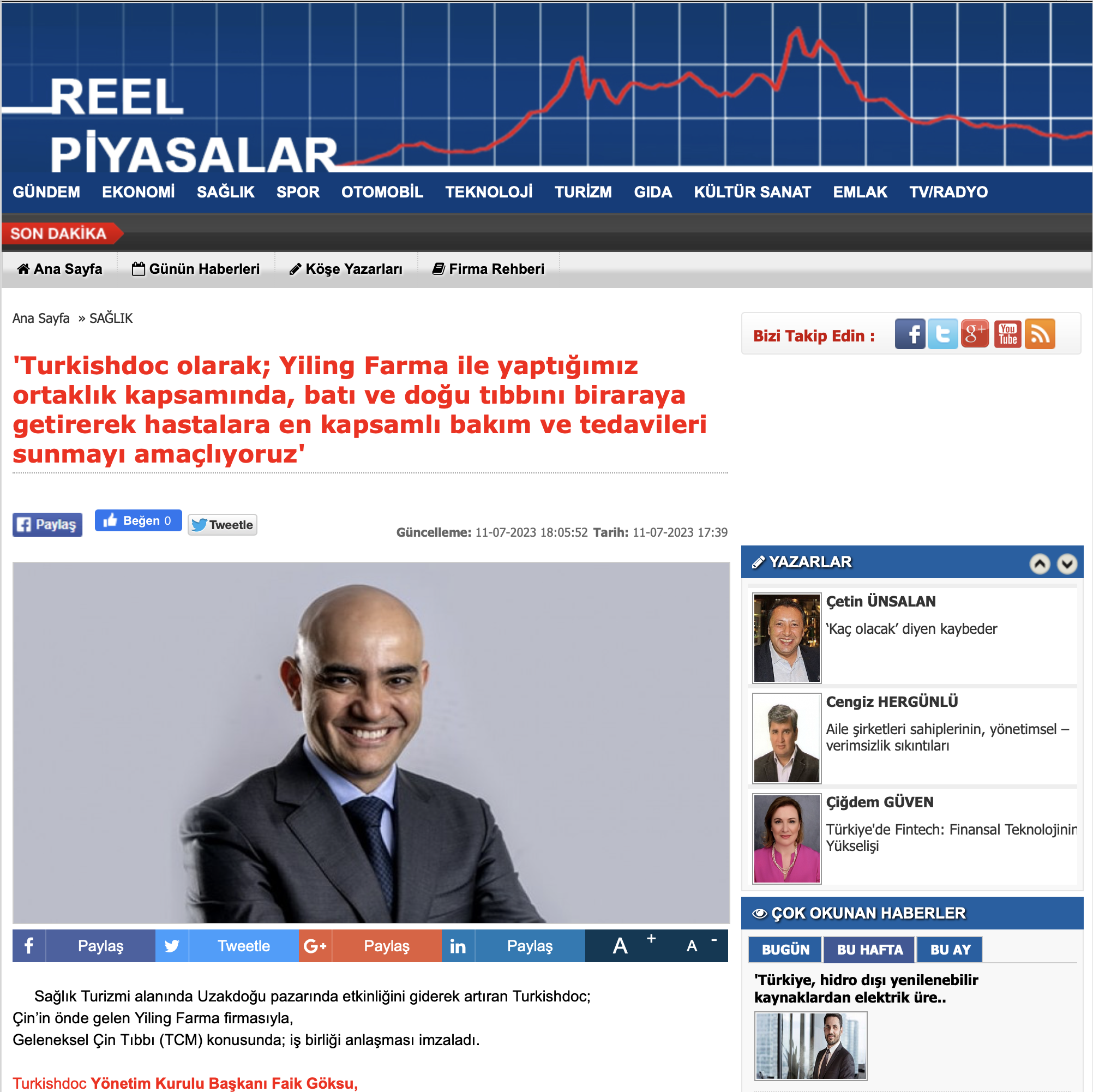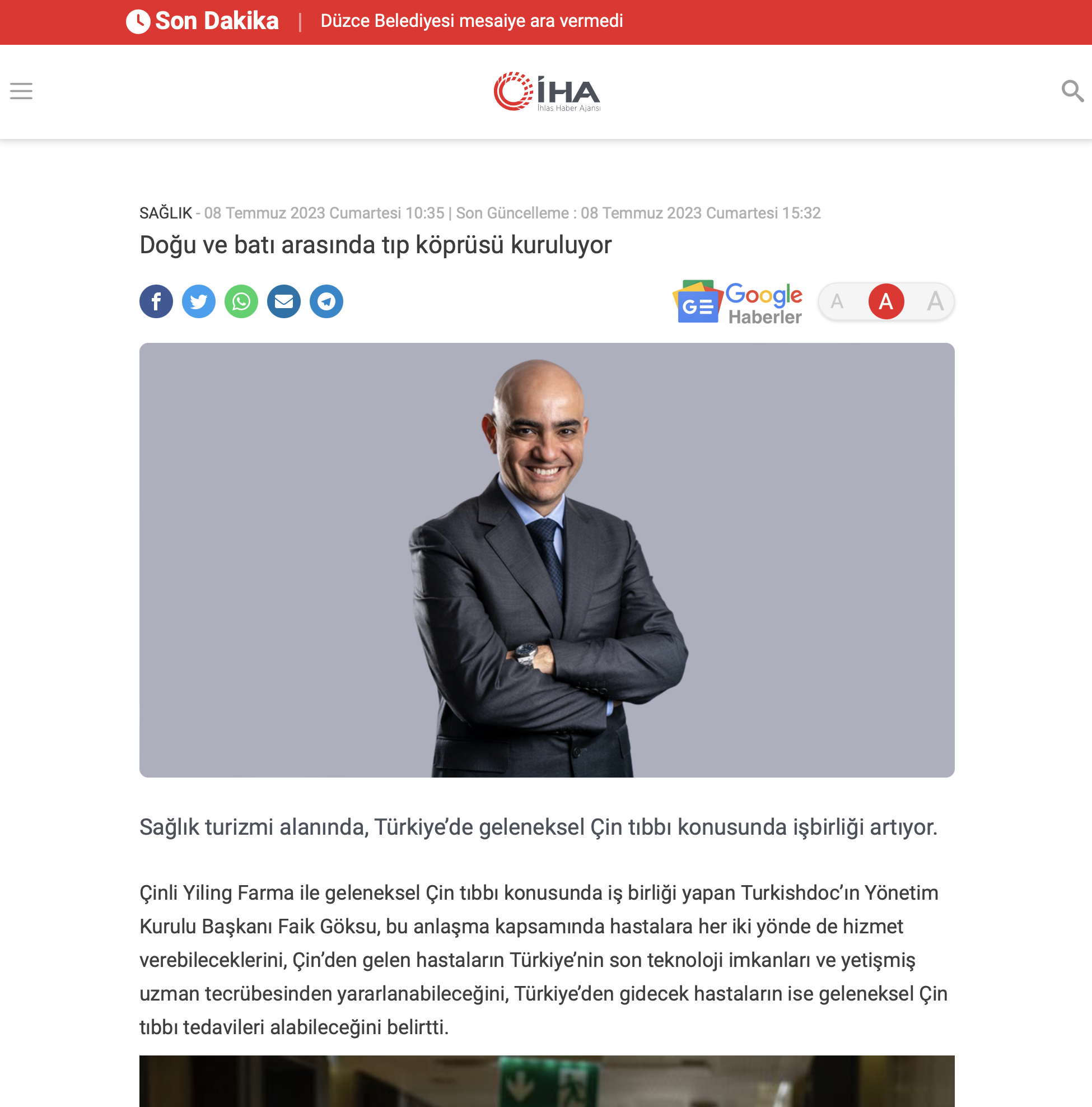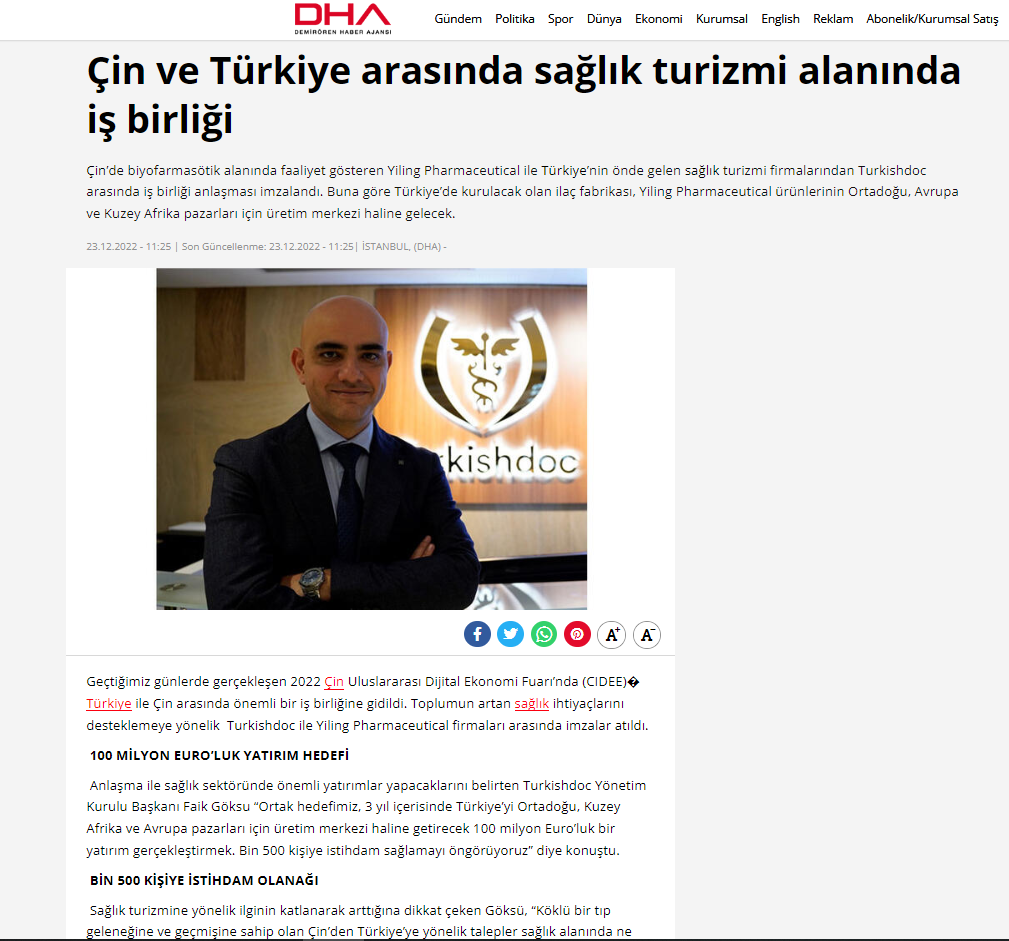Turkishdoc
What Is Mitral Valve Regurgitation: Symptoms, Causes, And Risk Factors?
A mitral valve regurgitation is a form of cardiovascular disease. It is a condition that occurs when the mitral valve does not close properly and cannot prevent blood from leaking into the heart. The mitral valve is one of the important heart valves and keeps blood flowing in the right direction. However, when it is damaged for some reason, this blood flow can be impaired. If the damaged mitral valve is not replaced or repaired, it can be life-threatening. As a type of heart valve disease, it negatively affects a person’s life. The heart struggles to function and does not pump enough blood. Fatigue and shortness of breath are two of the symptoms that come along with this condition. People should consult a doctor for mitral valve insufficiency, which occurs for many reasons. Otherwise, it can lead to complications that reduce the quality of life and cause life-threatening complications.
Symptoms of Mitral Valve Regurgitation
Symptoms of mitral valve insufficiency may not appear immediately. Especially in mild or moderate cases, symptoms may not appear. It is usually only in severe cases that some symptoms become noticeable. Symptoms of mitral valve regurgitation include:
- Shortness of breath
- Palpitations
- Quick fatigue
- Heart murmur
- Irregular heartbeat
- Edema in the legs
In mitral valve insufficiency, which is a slowly progressive disease, symptoms may appear even after a few years. It usually starts to show itself when it is severe. If a person has symptoms such as severe shortness of breath, rapid heartbeat, and loss of consciousness, they should consult a doctor immediately. These symptoms indicate the need for urgent treatment.
Causes of Mitral Valve Regurgitation
The mitral valve is one of the most important heart valves, allowing blood to flow in the right direction. If the mitral valve does not open and close properly, there may be a decrease in blood flow. This is an important injury that impairs the function of the heart. In other words, the inability of the heart to function can be caused by mitral valve insufficiency. In this case, it is useful to know the causes of this condition. Here are the causes of mitral valve regurgitation:
- Rheumatic heart disease
- Mitral valve prolapse
- Heart attack
- Radiation therapy
- Congenital causes
- Thickening of the heart muscle (cardiomyopathy)
The mitral valve, located between the left ventricle and the left atrium, can fail for many reasons. Damage or calcification of the tissue in the valve can also cause mitral valve insufficiency. As with other heart diseases, early diagnosis is very important in this condition. Early treatment allows the mitral valve to be repaired and regains its function.
Mitral Valve Regurgitation Risk Factors
There are several risk factors associated with mitral valve insufficiency. Many factors, from environmental factors to congenital factors, increase the risk of this condition. Mitral valve regurgitation risk factors include:
- Heart infections
- Radiation
- Congenital heart problems
- Heart attack
- A history of heart disease in the mother or father
- Advanced age
- Smoking
- Stress
- Previous stroke
Mitral valve insufficiency can also occur as a hereditary disease. It is more likely to occur in people who have had an inflammatory disease, especially in infancy and childhood. Mitral valve insufficiency can also occur in people with heart rhythm problems, sedentary lifestyles, or unhealthy diets. These are all risk factors for mitral valve regurgitation.
Complications of Mitral Valve Regurgitation
Mitral valve insufficiency can lead to some complications. However, these complications may vary depending on the severity of the condition. When mitral valve insufficiency is severe, complications can occur. When this condition progresses, the heart struggles to pump blood. However, it is also possible to develop some complications. Complications of mitral valve regurgitation include:
- Heart Arrhythmia
In mitral valve insufficiency, the size of the atrium increases. This can trigger a heart rhythm disorder. Irregular heartbeats also cause blood clots and increase the risk of stroke. Heart arrhythmia is therefore an important complication of this condition.
- Heart Failure
If mitral valve insufficiency is severe, the heart’s ability to pump blood around the body is reduced. In this case, the heart exerts effort to pump blood. This effort causes the ventricle to enlarge and the heart muscle to weaken. The weakening of the heart muscle leads to heart failure.
- Fluid Accumulation In the Lungs
Severe mitral valve insufficiency increases the pressure in the blood vessels. This causes pulmonary hypertension. As a result of pulmonary hypertension, fluid accumulates in the lungs.
Some complications can develop. Other complications include bacterial infection of the heart valves and dilation of the heart. To reduce these complications, the doctor may prescribe certain medications. These include anti-coagulants, some antibiotics, or medicines to reduce the stress load on the heart. Antibiotics may also be needed for infections of the heart valves or after heart valve surgery.
Things to Consider in Mitral Valve Regurgitation
As with other heart diseases, lifestyle is very important in mitral heart failure. Therefore, there are certain elements that a person should pay attention to in their life. The recommended lifestyle changes for this heart condition are as follows:
- Eating a healthy diet is extremely important for preventing cardiovascular diseases. For this, you should consume healthy foods by adopting the appropriate nutrition model. You should avoid fast food, saturated fat, and packaged foods. You can ask for a special nutrition program by contacting a dietitian specialist.
- You can protect your heart health by walking and doing light, brisk exercises.
- You can help protect your heart health by quitting alcohol and smoking.
- You should not neglect regular health checks.
- You should consume low-salt foods to regulate your blood pressure and reduce the stress on your heart.
- You should also take the medication prescribed by your doctor on time and as directed.
- You should prefer healthy fats such as olive oil and fish oil.
By paying attention to all these, you can control mitral valve regurgitation. You should also visit your doctor if you experience symptoms such as heart palpitations and shortness of breath again. Your healthcare professional may prescribe a specific medicine or ask you to make some changes to your life.











